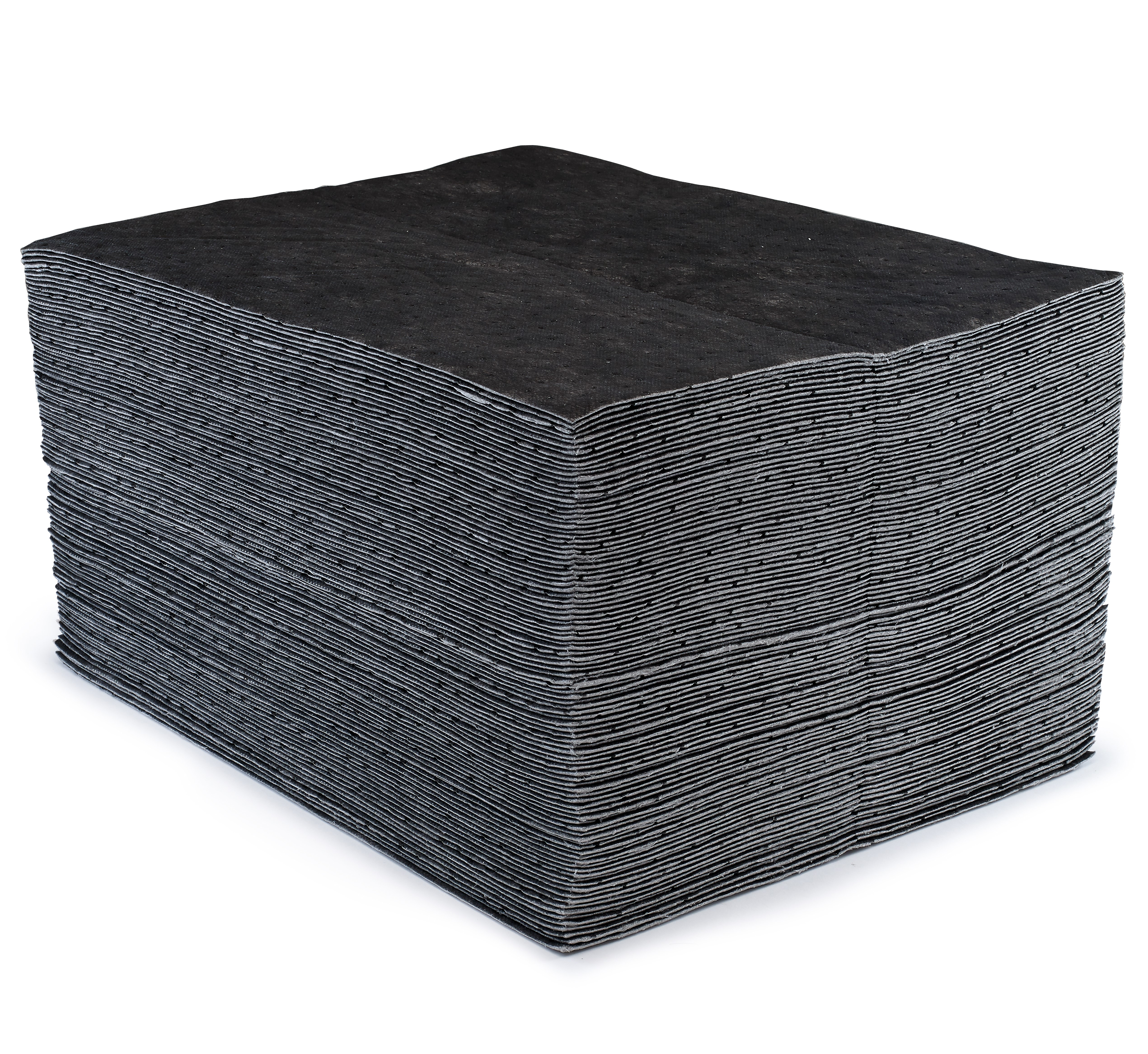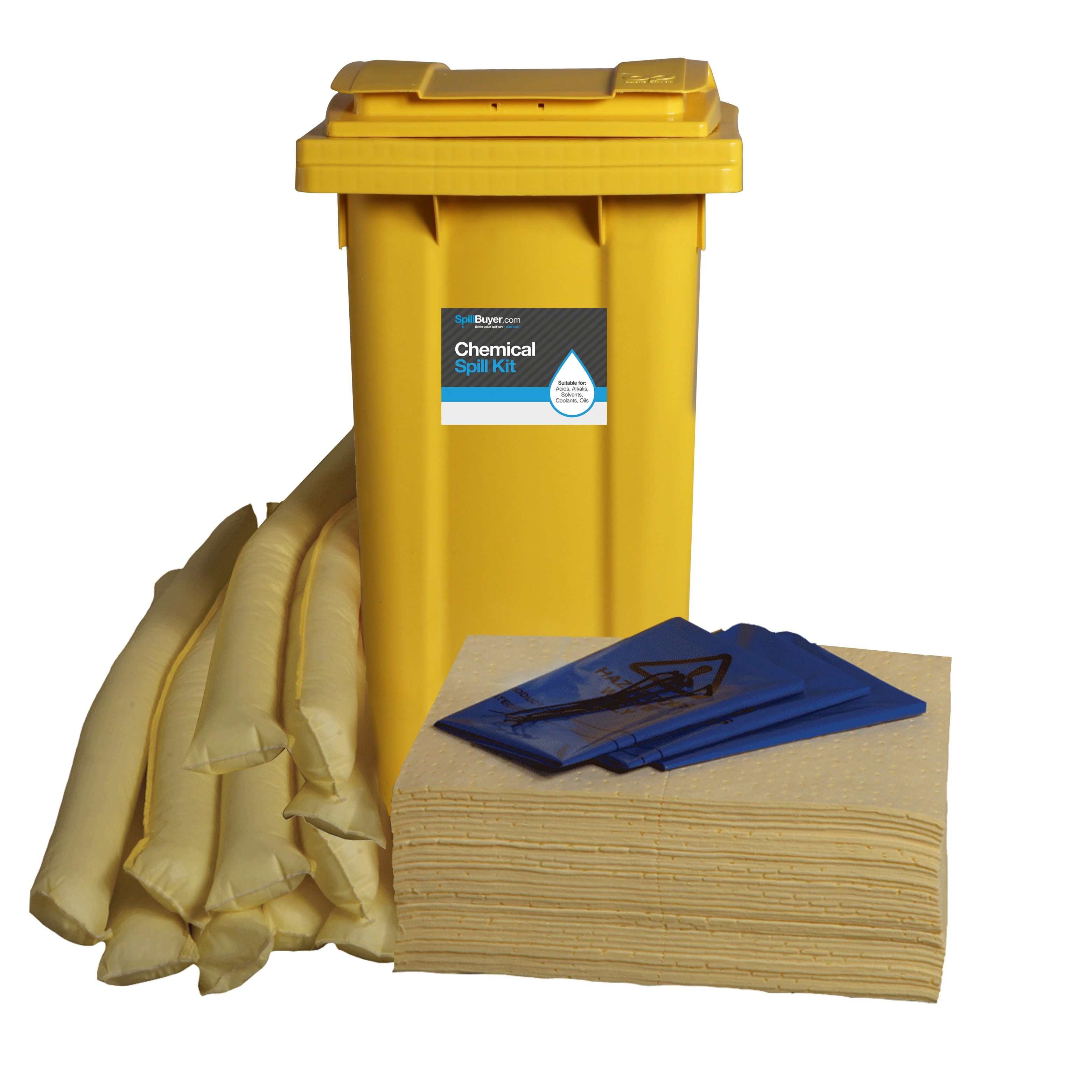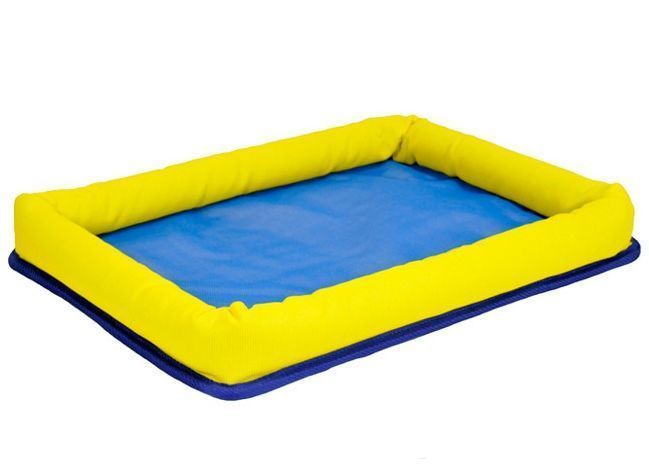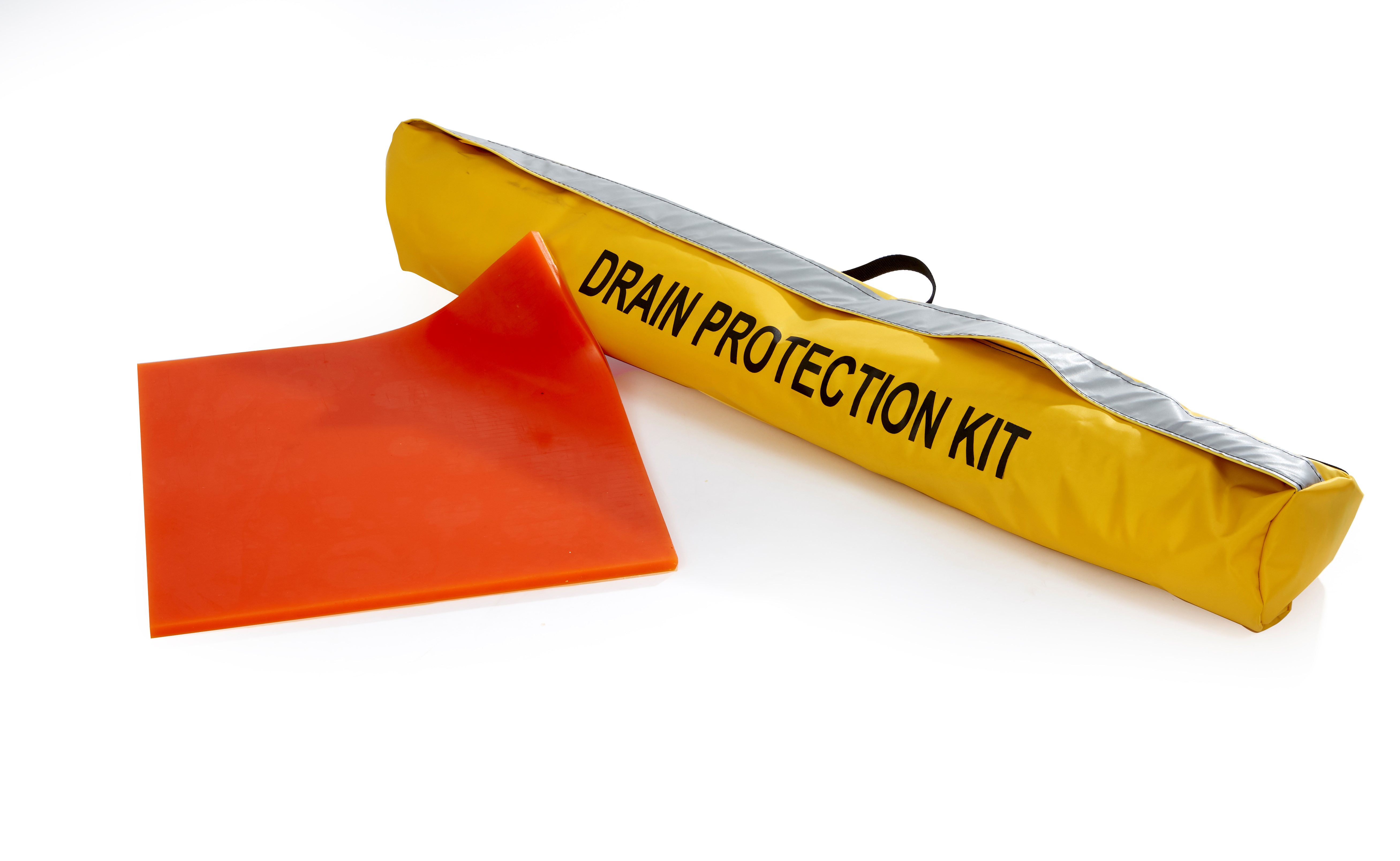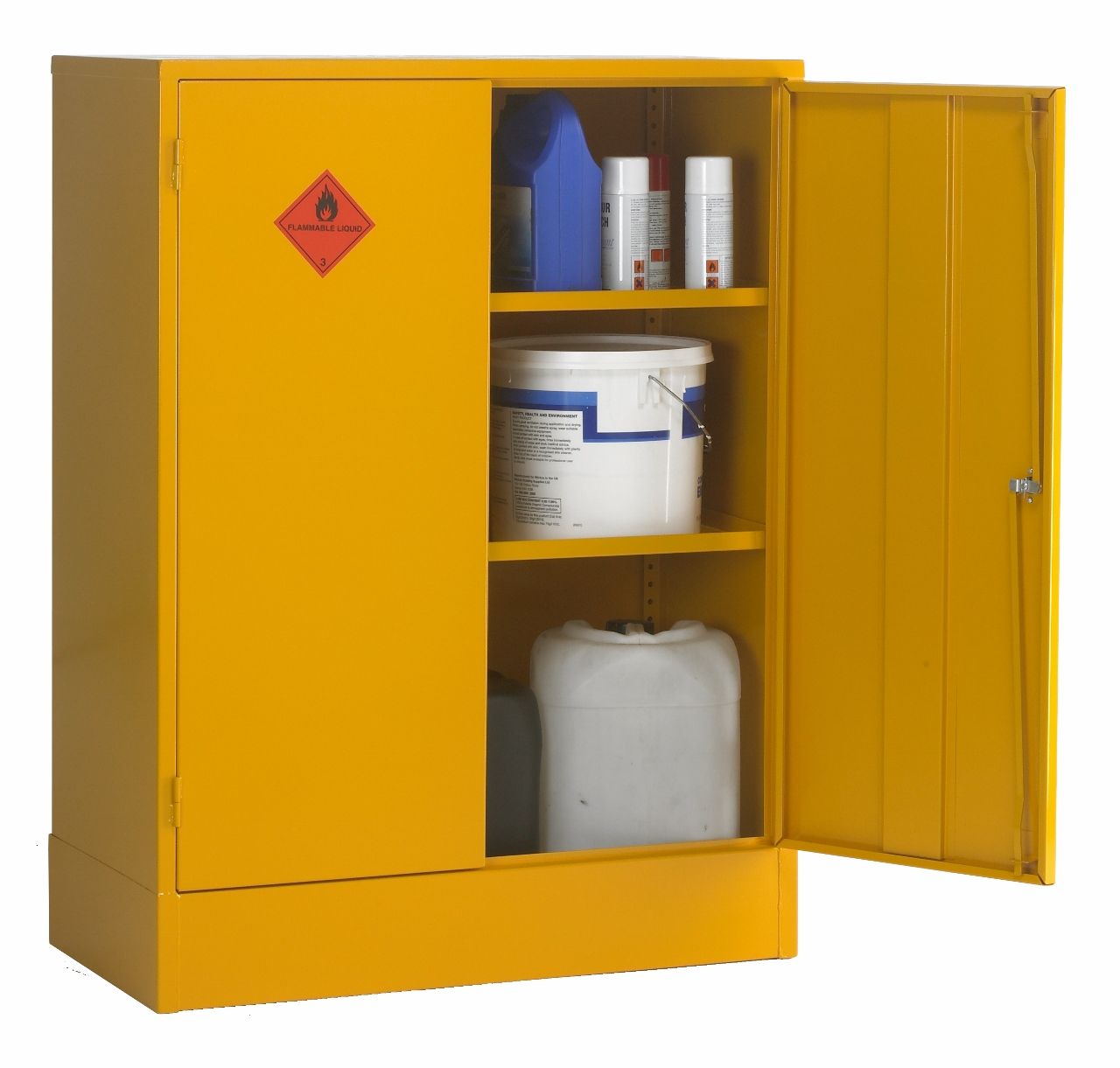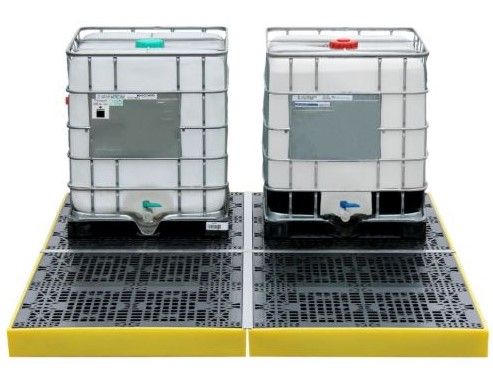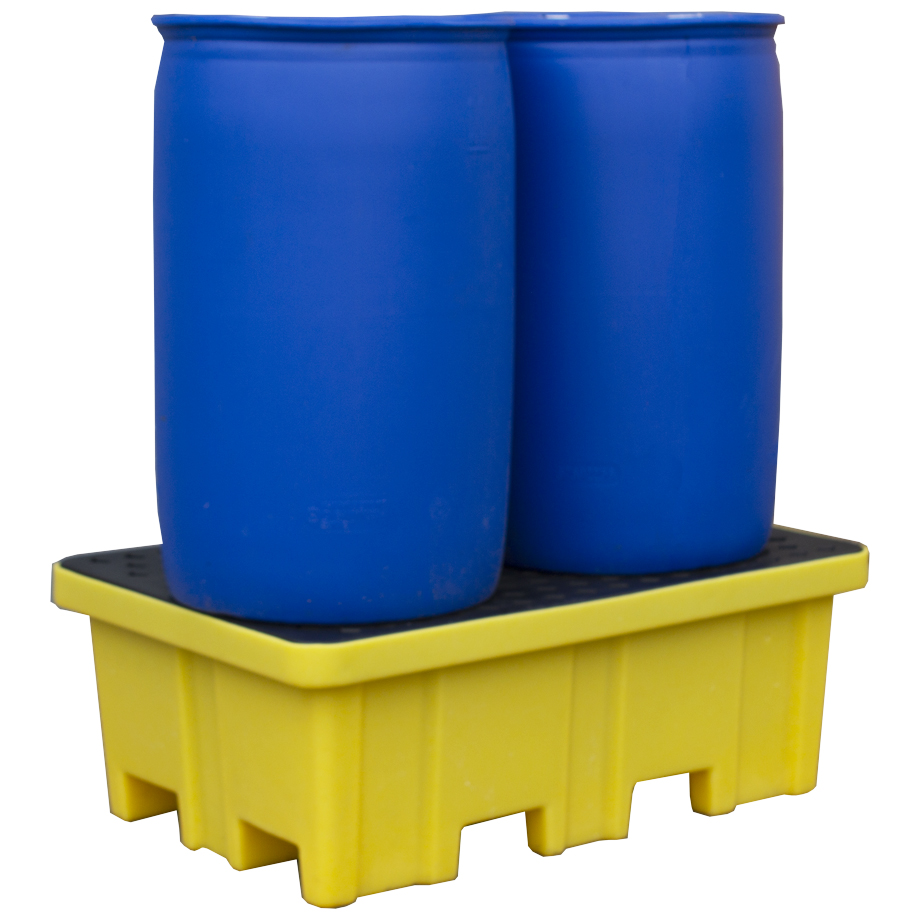Preventing Workplace Accidents by Prioritising Floor Safety Solutions
Among the many types of workplace accidents in the UK, slips, trips, and falls are some of the most common. There are several potential causes, but this prevalence points to the need for good floor safety measures. Not only is floor safety critical for protecting employees, but it also serves as a smart investment by helping employers to avoid the further costs and complications that they can be subject to if they fail to meet their health and safety requirements.
In the following guide, SafetyBuyer explains how investing in good flooring and workplace safety can help employers to avoid these costs, and ultimately see a vital return on investment (ROI). Doing so is a win-win for both employers and the people who occupy their workplaces.
The cost of workplace accidents
The true cost of workplace accidents extends far beyond any immediate injuries, and can fundamentally impact the sustainability and reputation of a business. When an accident occurs, the direct costs are the most apparent and are often quantifiable. These include:
Medical costs: while an individual will usually try to claim compensation for their injuries, costs to the business can be felt from having to replace the injured person.
Compensation and legal fees: costs associated with legal action taken by the injured party, as well as compensation payouts for injury and distress.
Fines and penalties: if a business is found to be in violation of health and safety regulations, it can face substantial fines.
The indirect costs are often less obvious but can be more significant than the direct costs over time.
- Lost productivity
- Increased insurance premiums
- Damage to equipment and property
- Administrative burdens
Some accidents can have long-term consequences that affect the business for years to come, such as a need to pay ongoing care costs for severely injured employees and the long-term impact on the company’s brand image. To avoid these unnecessary costs, employers must take steps to reduce the chances of workplace injury on their premises.
Understanding floor safety
Floor safety is a pivotal element in any comprehensive approach to workplace safety, primarily because it can prevent some of the most common and avoidable accidents: slips, trips, and falls.
Common causes of floor-related accidents include:
- Wet or contaminated floors
- Obstacles in walkways
- Uneven flooring and loose mats
- Changes in levels and inadequate lighting
In the UK, floor safety is governed by a series of regulations and guidelines, including:
- The Health and Safety at Work etc. Act 1974, which sets out the general duties employers have towards employees and members of the public, and employees have to themselves and each other.
- The Management of Health and Safety at Work Regulations 1999, which requires employers to assess risks (including slip and trip hazards) and take action where necessary.
- The Workplace (Health, Safety and Welfare) Regulations 1992, which covers a wide range of basic health, safety, and welfare issues such as ventilation, heating, lighting, and, importantly, the condition of floors and traffic routes.
Floor safety solutions
There are a variety of floor safety solutions, each tailored to mitigate specific risks and enhance the overall safety of a workspace.
Anti-slip mats are indispensable in areas where the risk of wetness or spills is high. Available in a range of materials, these mats are engineered to provide secure footing, with textured surfaces that ensure traction even when liquids are present. Alongside mats, anti-slip tape serves as a versatile option for quick applications on stairs, ramps, and other areas where additional grip is necessary.
The importance of clear visibility and demarcation cannot be understated in maintaining floor safety. High-visibility floor marking tape is a simple yet effective tool for outlining paths, indicating changes in elevation, and separating pedestrian areas from vehicular routes. Complementing these markings, safety signage plays a critical role in alerting personnel to potential dangers, such as wet floors or uneven surfaces.
Selecting the appropriate combination of these solutions can prevent workplace accidents and foster a proactive culture of safety. SafetyBuyer stands ready to provide an array of products and the expertise organisations need in their pursuit of a safe and compliant work environment.
The value of a safe workplace
A safe workplace signals to employees that their health and well-being are valued. This can lead to increased job satisfaction, lower turnover rates and a more engaged workforce. When employees feel secure, they are more likely to be productive and contribute positively to the company’s objectives. Maintaining a safe workplace ensures compliance with health and safety regulations, which can help avoid legal issues and penalties. Ethical compliance also reinforces a company's standing as a responsible member of the business community.
Customers and clients are increasingly aware of and interested in the operations of the companies they do business with. A strong safety record can enhance a company's reputation, lead to increased customer trust and potentially open doors to new business opportunities. Conversely, a poor safety record can damage a brand, sometimes irreparably.
We encourage businesses to prioritise the wellbeing of their workforces by assessing and improving their floor safety strategies with the solutions provided by SafetyBuyer. To learn more about purchasing COSHH-compliant and HSE-approved equipment to improve safety on your premises, visit our store page or call us today on 0800 043 0161.
 Over 12,000
Over 12,000  Simple no quibble
Simple no quibble  Prompt dispatch &
Prompt dispatch &  UK Mainland Delivery
UK Mainland Delivery 





